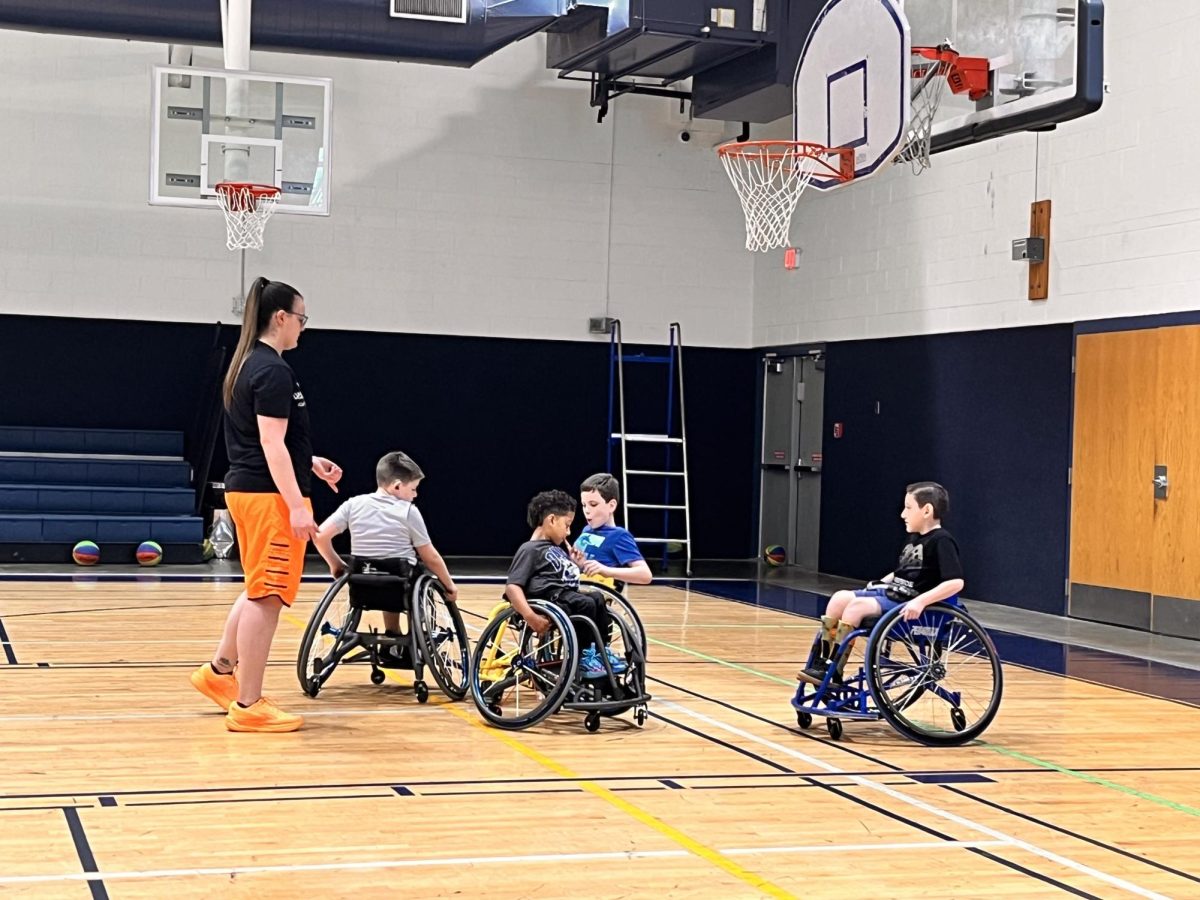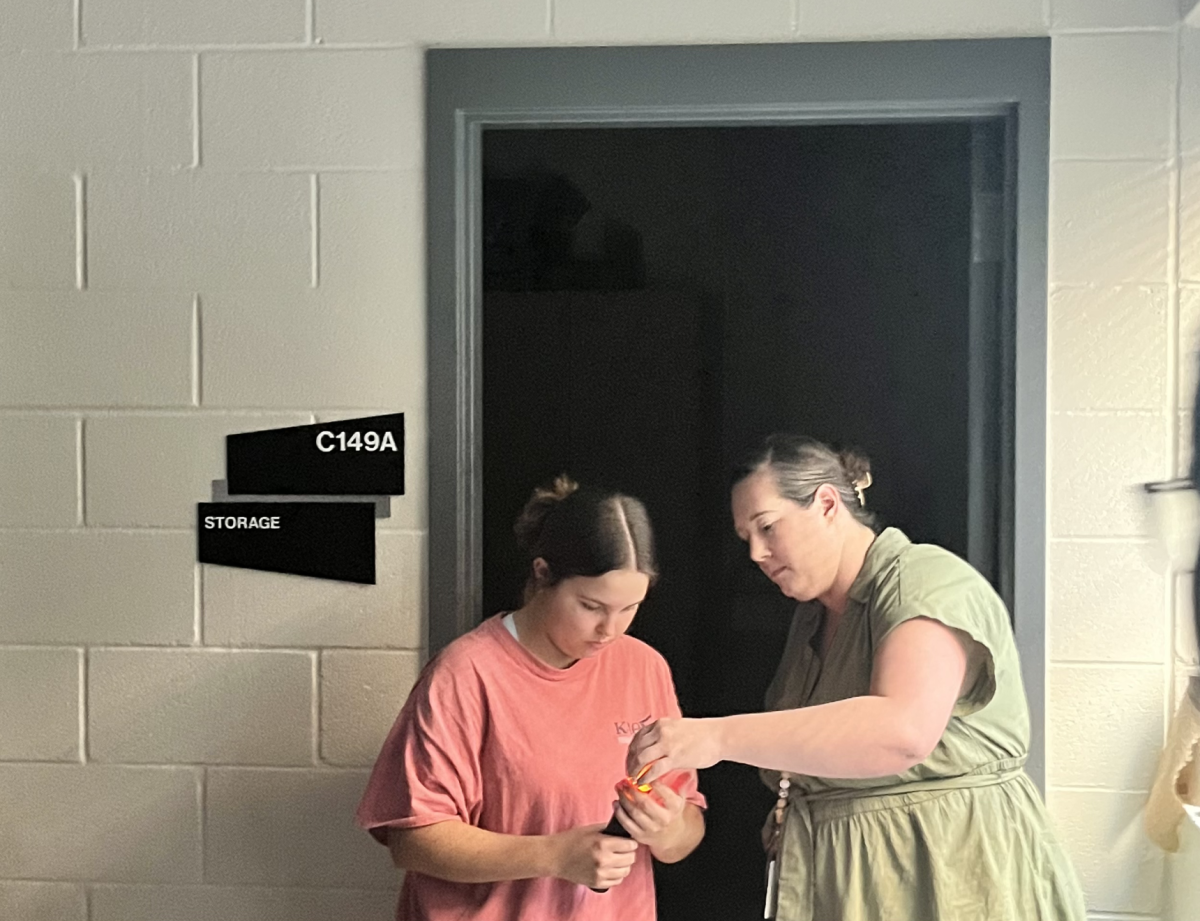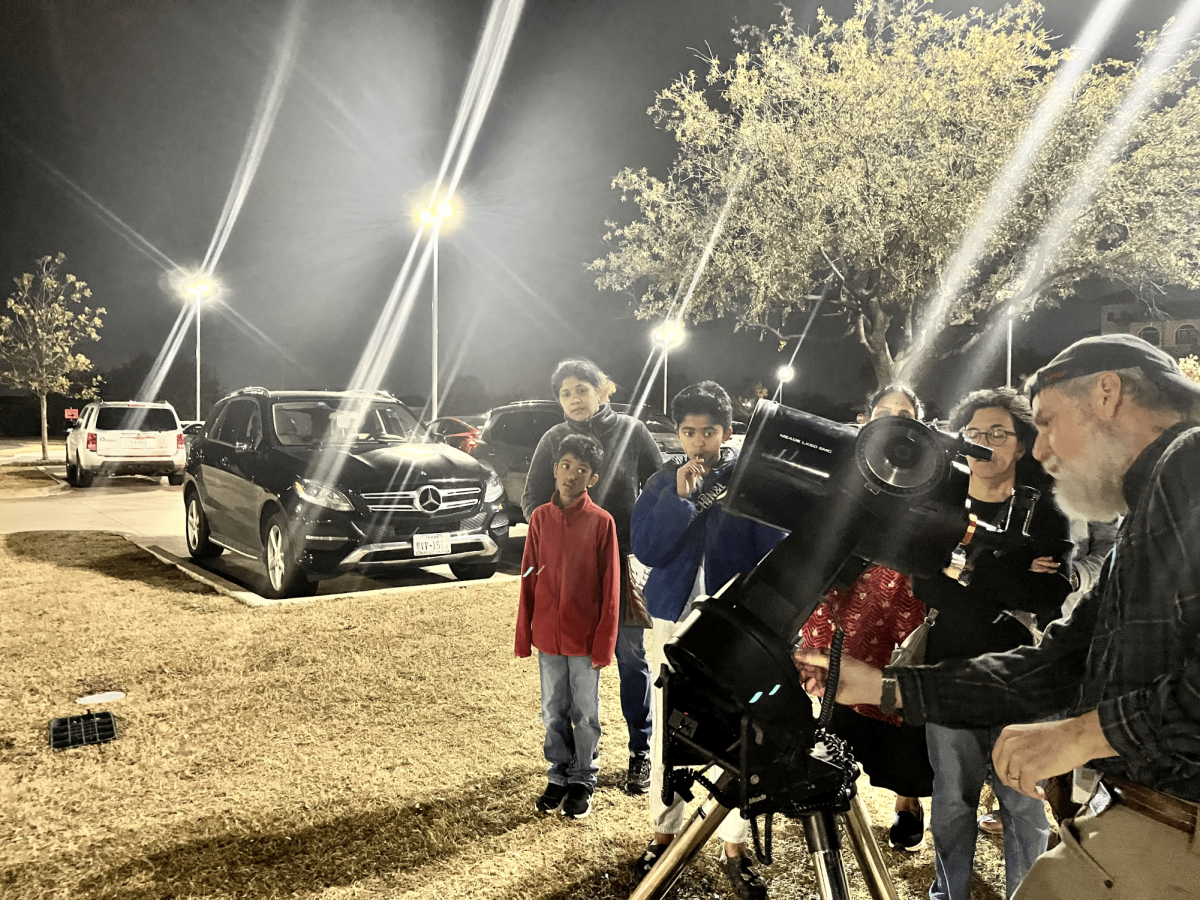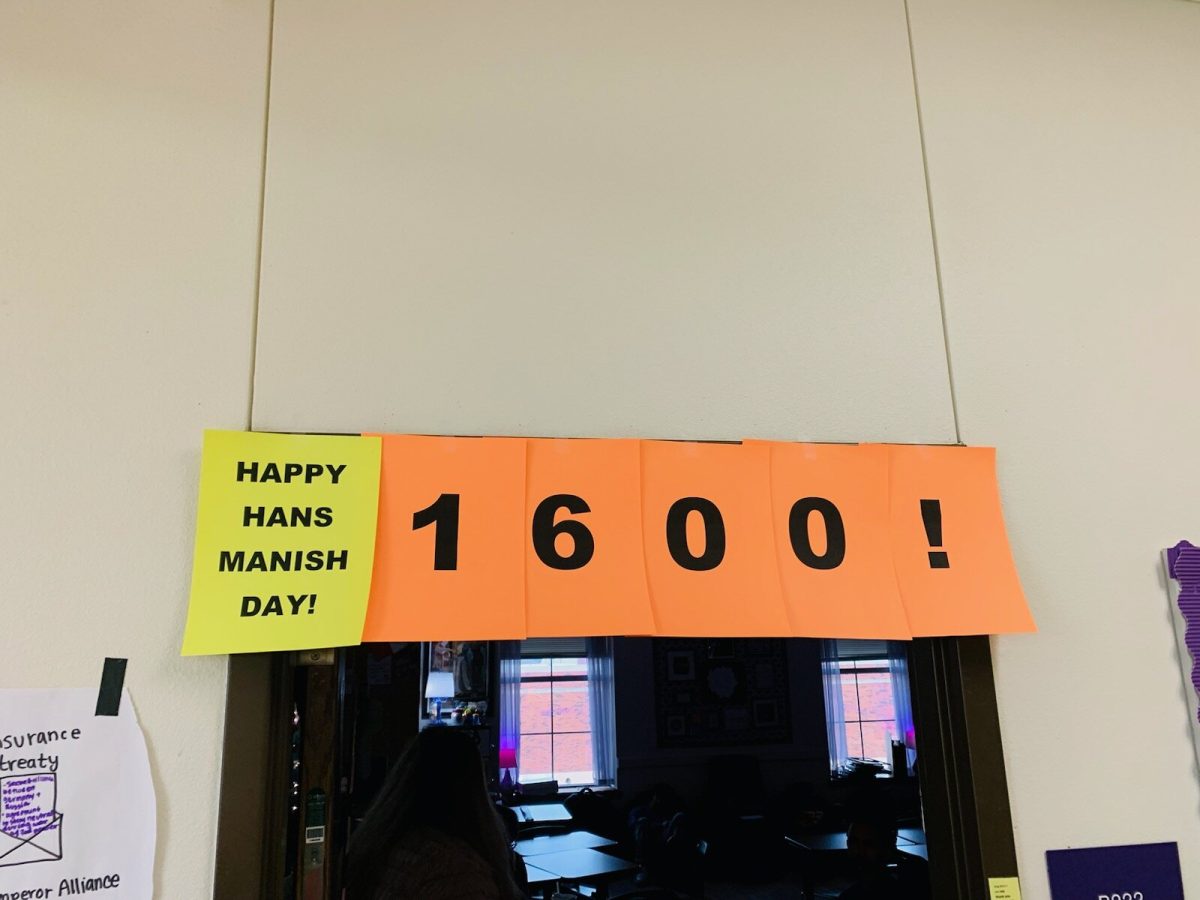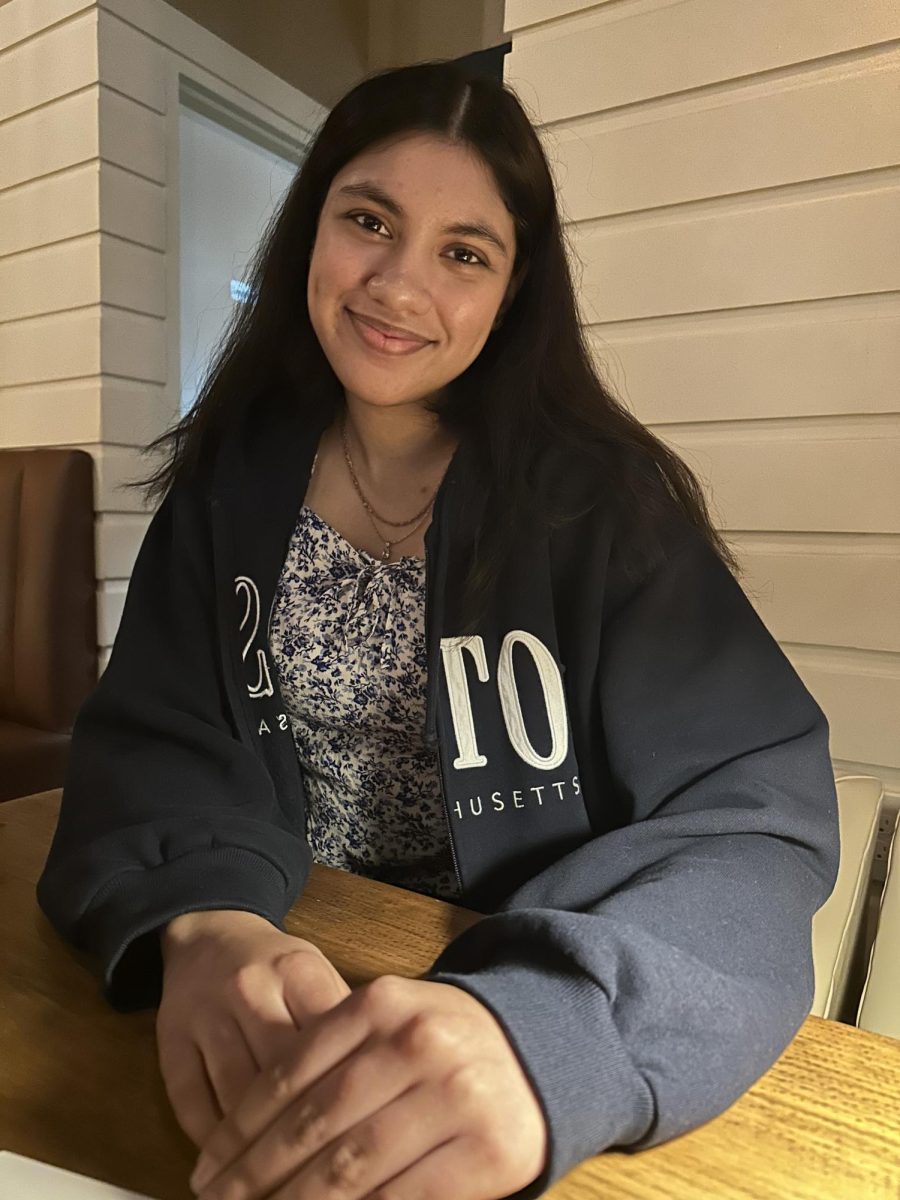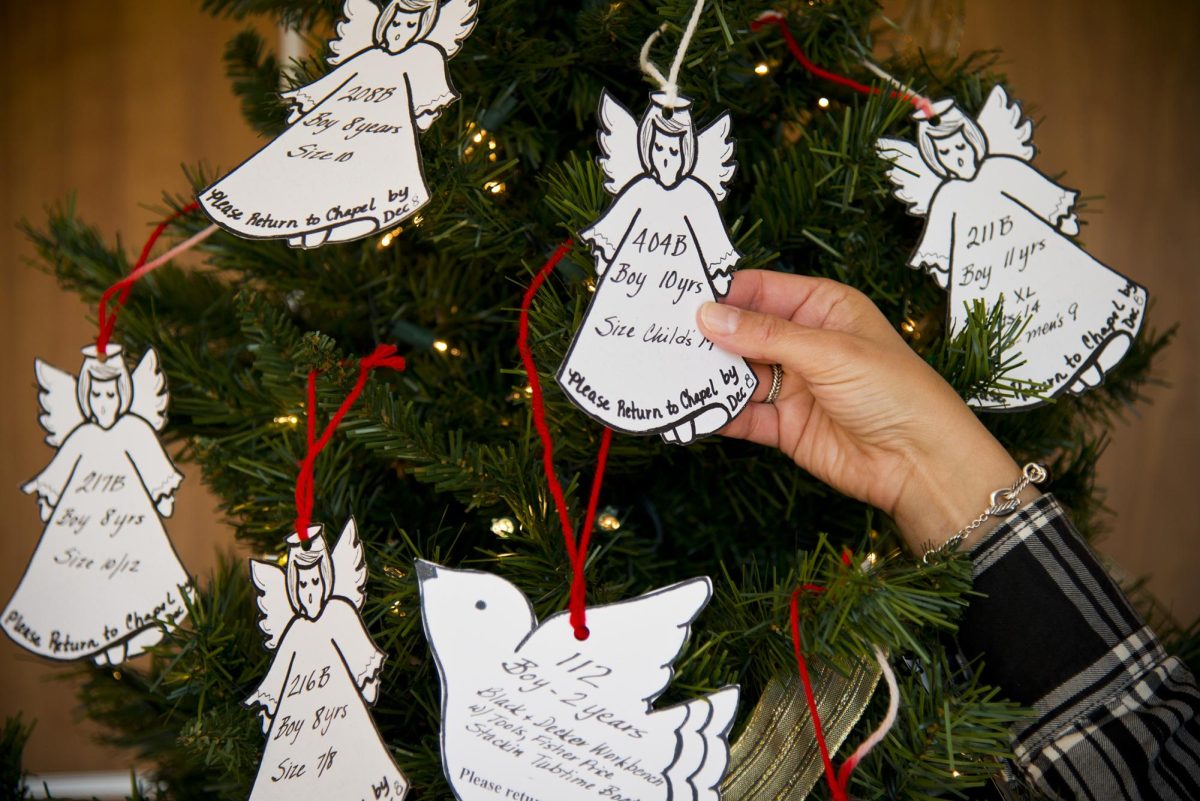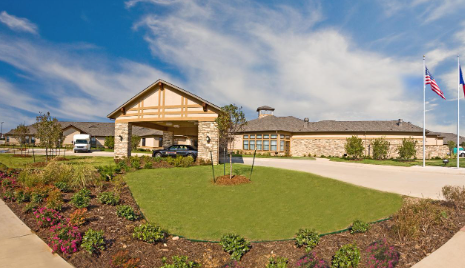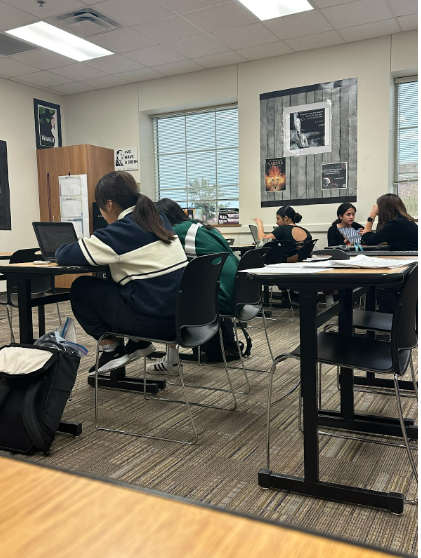
From the Mid-Autumn festival celebrating the moon to traditional fan dancing, Taiwan’s rich history culminates in its intricate culture.
As the global community becomes more interconnected, many organizations, such as the Formosa Association of Student Cultural Ambassadors (FASCA) steadily work towards preserving Taiwanese culture across the world, including in the Dallas-Fort Worth area.
Through a combination of educational programs, festivals, and traditional performances, the organization provides the Taiwanese diaspora a connection with their heritage.
Along with events, FASCA partners with cities and non-profits, such as the Dallas Asian-American Youth Orchestra (DAAYO), and local Chinese schools.
On Feb. 17, the Dallas chapter participated at the Highland Springs Retirement Center’s Chinese New Year celebration, where they performed choir and orchestra solos, made lanterns, cooked traditional foods, and more.
“FASCA aims to educate both Taiwanese-American youth and the broader community about the diverse aspects of Taiwanese culture,” said William Yen, a member and volunteer. “Through hosting a range of events and initiatives, [the organization] provides opportunities to learn about and engage in traditional Taiwanese arts, customs, language, [and] food. As a volunteer, I’ve been able to teach many different people about my own Taiwanese background and traditions [due to these activities].”
To become a member, students first attend a three-day leadership program sponsored by the Taiwanese government, where they learn various teamwork and cultural awareness skills.

“[At the camp,] they put us in groups so we understand the importance of teamwork and helping people we aren’t familiar with,” said Ashley Cheung, a member and senior at Independence. “We also [cover aspects of] Taiwanese culture, and perform a dance on the last day. Although some of it was rough, [as we encountered] a lot of challenges, it was a pretty positive experience, because it taught us a lot of valuable lessons.”
For member and volunteer Alison Shao, watching younger generations learn about their Taiwanese identity sparks her love for the program.
“Witnessing the excitement and curiosity on the faces of attendees, especially children, as they engaged with various aspects of Taiwanese culture [at a cultural festival ] was truly fulfilling,” Shao said. “Whether it was through traditional performances, hands-on activities, or interactive displays, the event became a memorable celebration of our shared identity.”
Members believe that the organization impacts their relationship with their Taiwanese roots, by bridging generational gaps between American and Taiwanese cultures.
“Through being a part of FASCA, I’ve had a chance to meet more Taiwanese-American children like myself,” Elena Wu, a member and volunteer, said. “I’ve [also] been given [the chance] to connect and interact with children living in Taiwan which has deepened my understanding of [my] culture.”

In addition to cultural activities, the organization conducts English lessons for underprivileged rural children across Taiwan. These online classes, led by volunteers, are a way for members to give back to the community abroad. To keep students engaged, volunteers create and plan a presentation over a specific topic before each lesson.
“[I’m] the Team Supervisor for the [tutoring program], where I actively plan and execute lessons [that] focus on both reading and speaking skills,”said Isabella Feng, the Senior Vice President and social media manager of the Dallas chapter. [This] experience has not only allowed me to share my knowledge, but also reinforced the idea that service is not limited to one’s immediate community– it can have a global reach.”
In the future, many members hope to see more Taiwanese youth join the organization, as it completes the process of becoming a non-profit.
“I hope the senior FASCA members will come back and help lead our organization,” teacher Shu Lam said. “When I was told that FASCA changed many campers’ lives, I want to say that it is actually the other way around— the impacts are both ways. At the China Camp, I had a heartfelt moment with parents about the campers’ feelings during the three days. Because of FASCA, many of the campers felt [connected to] their Chinese roots. It really touched my heart.”


